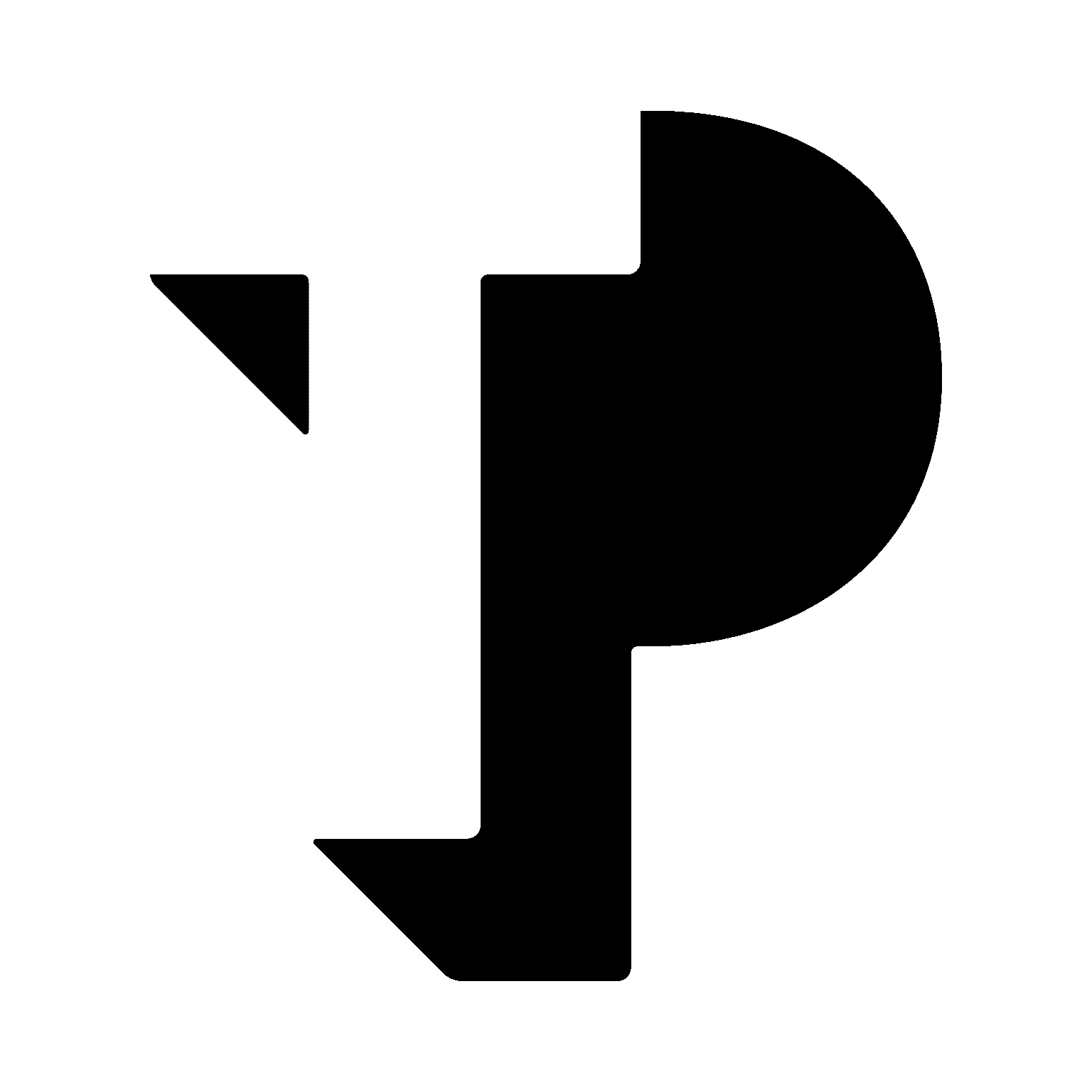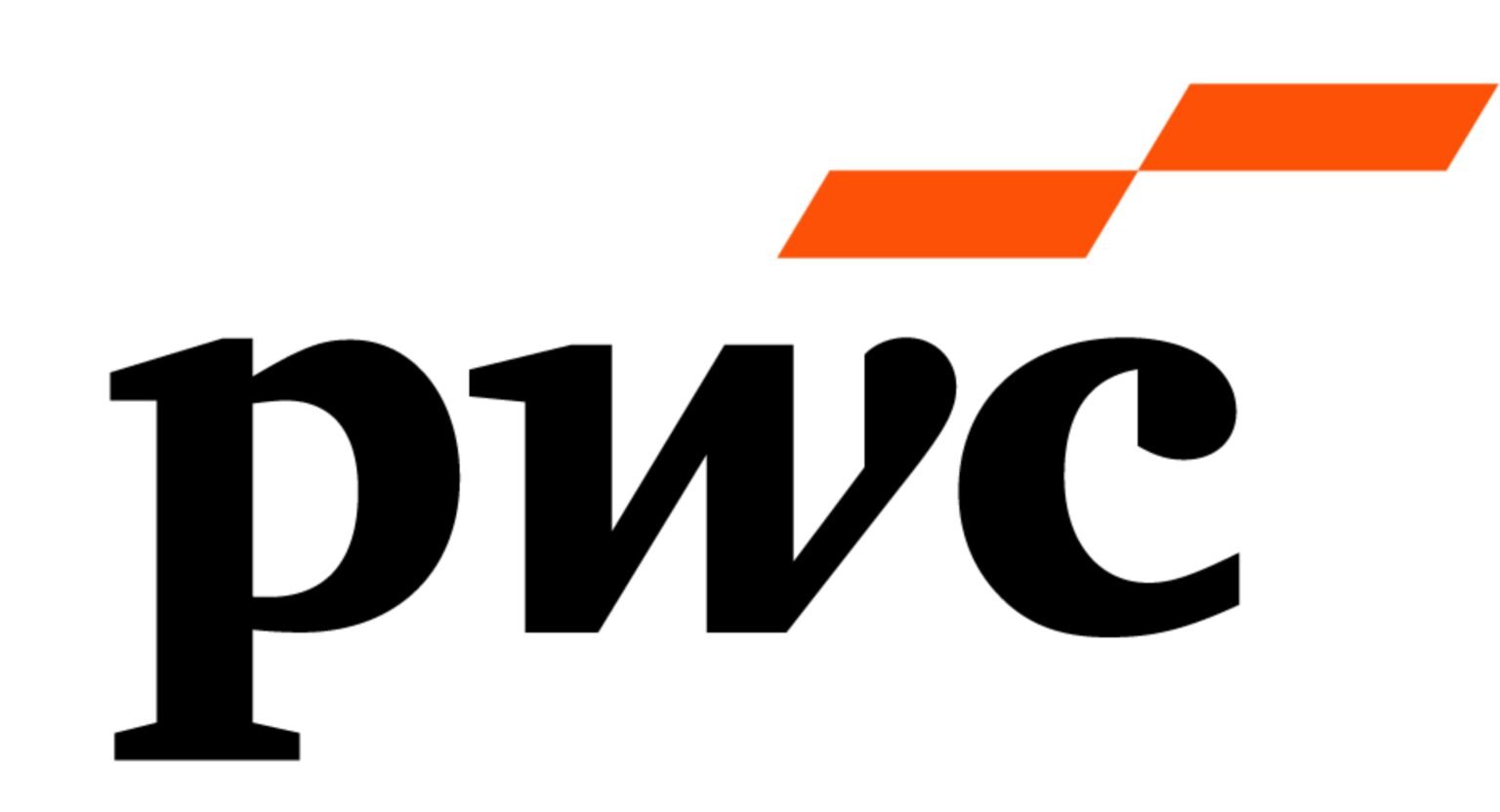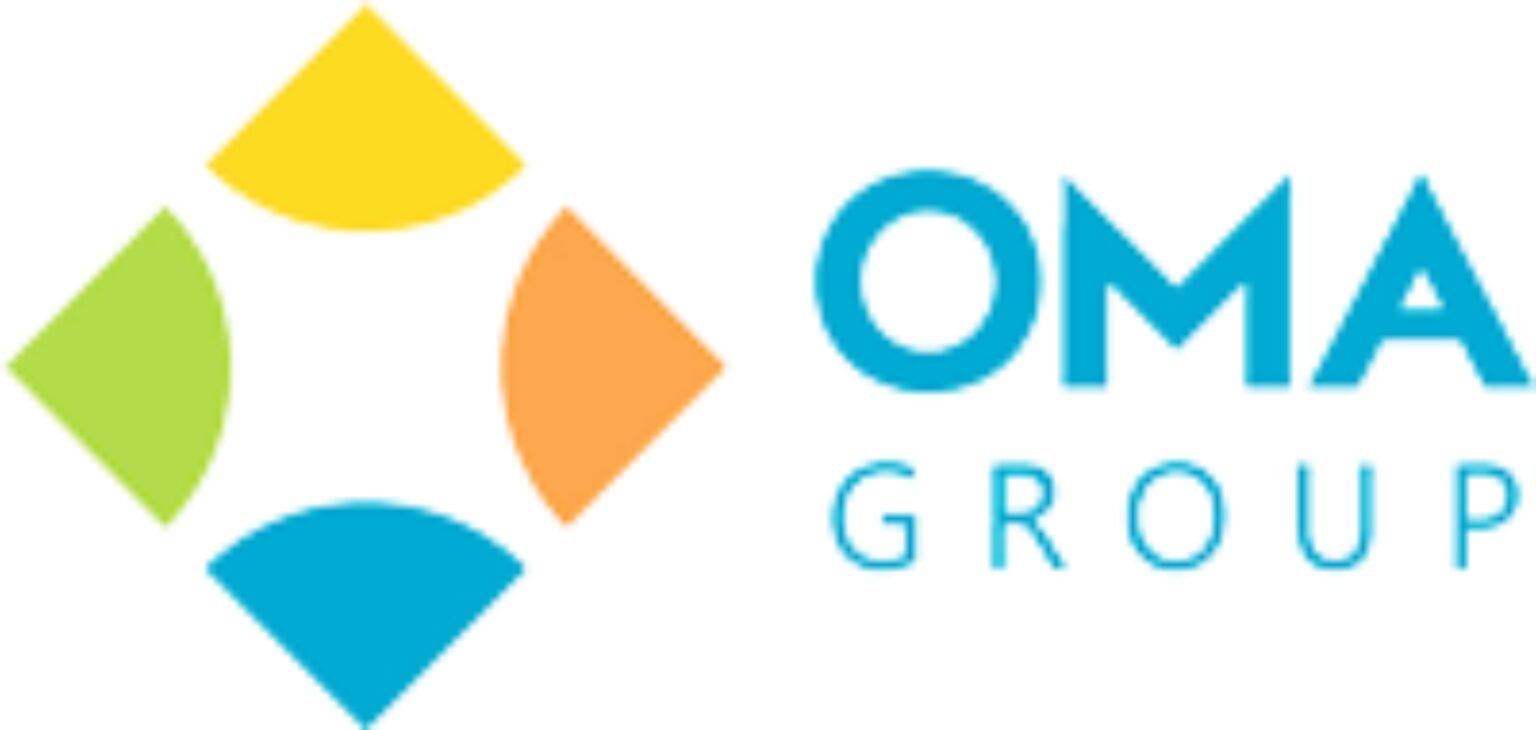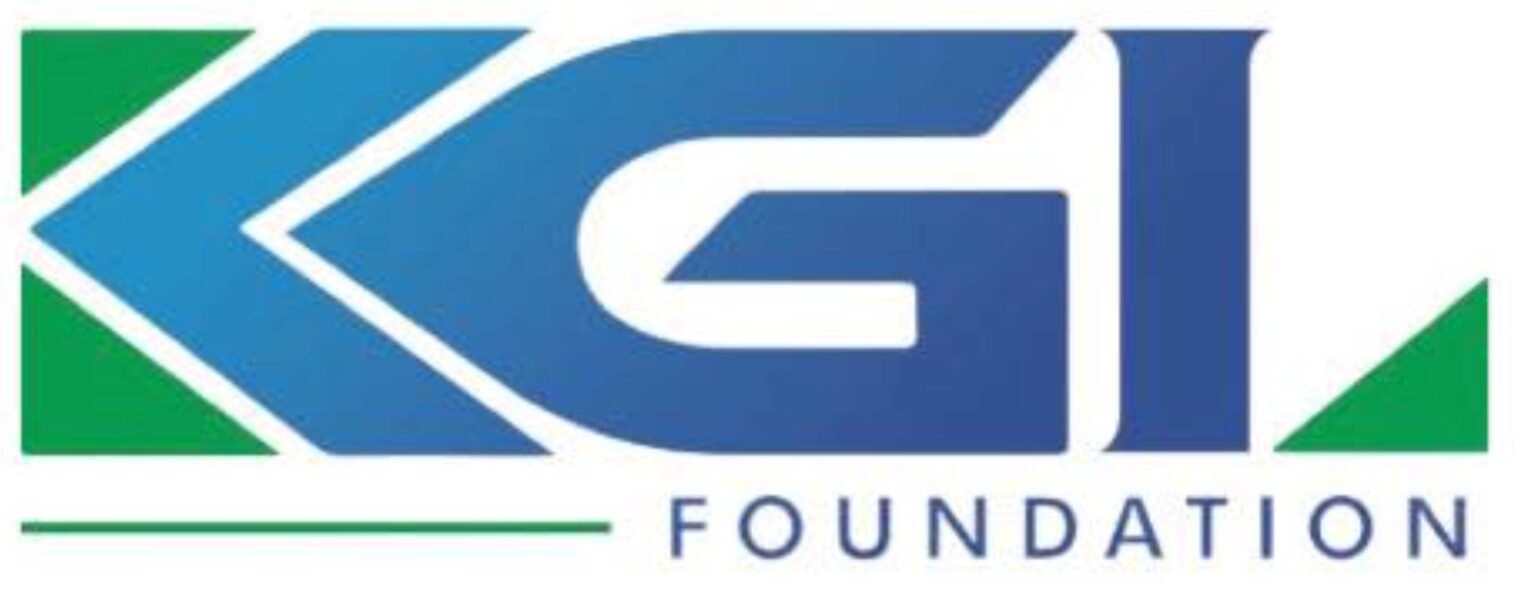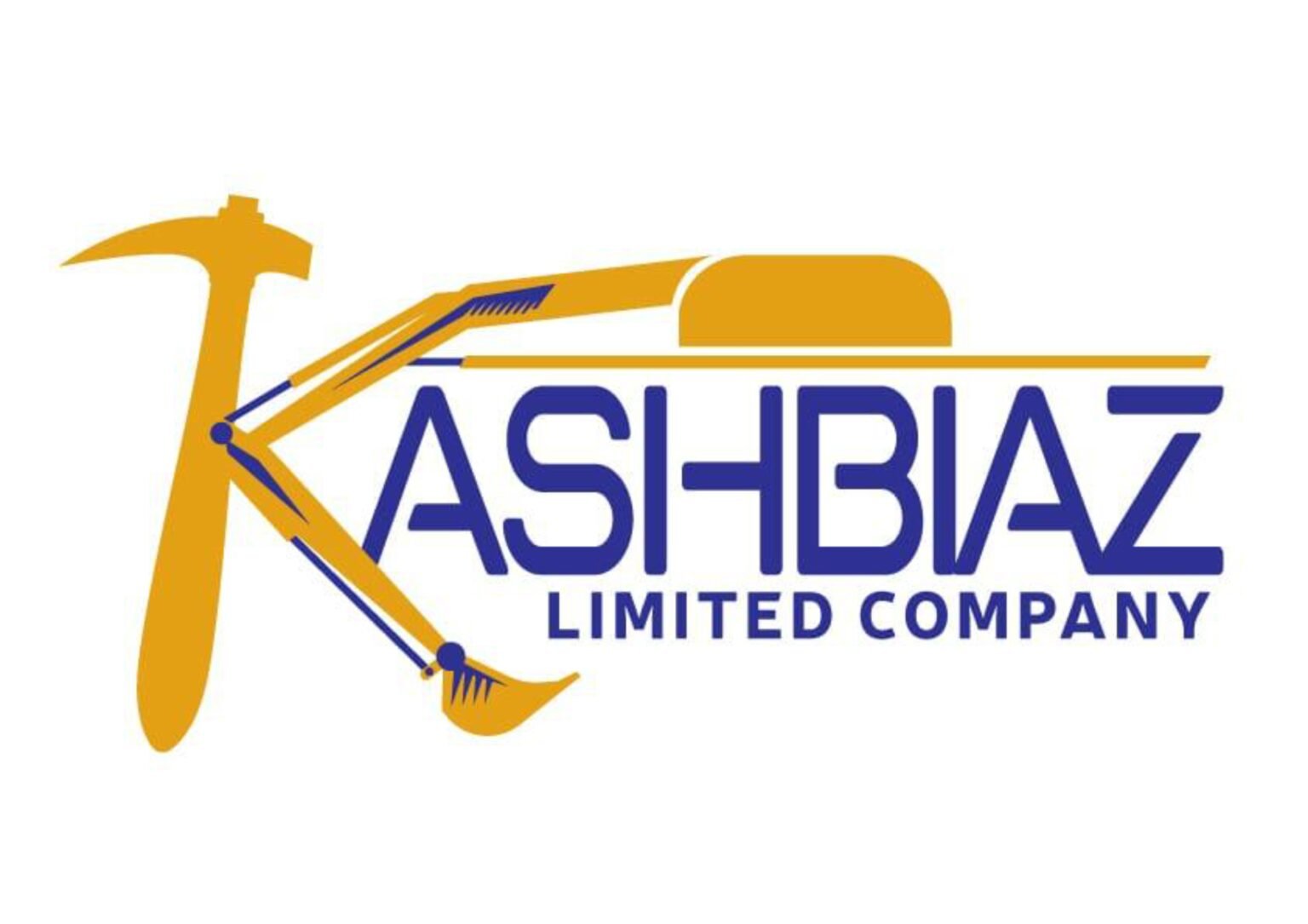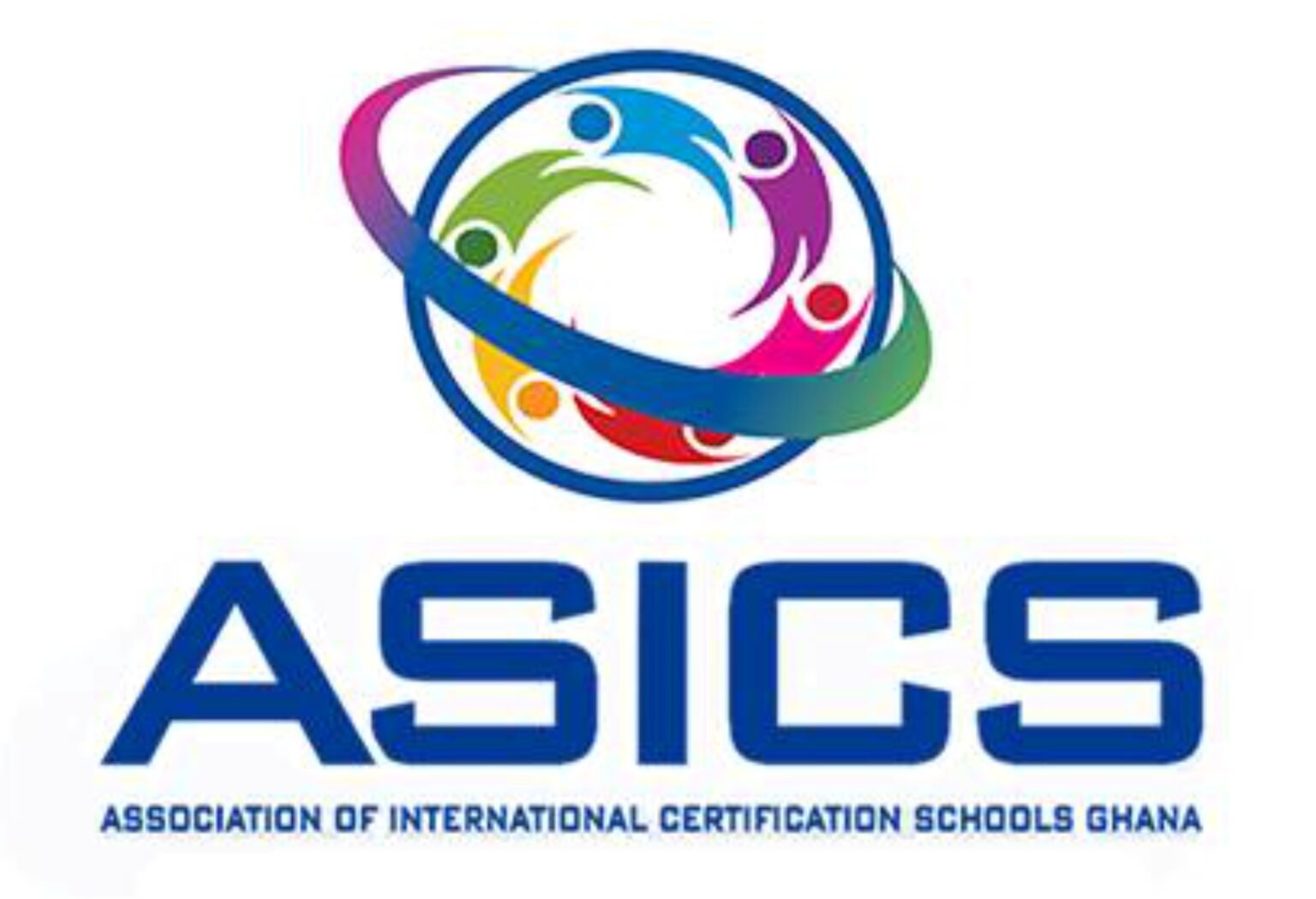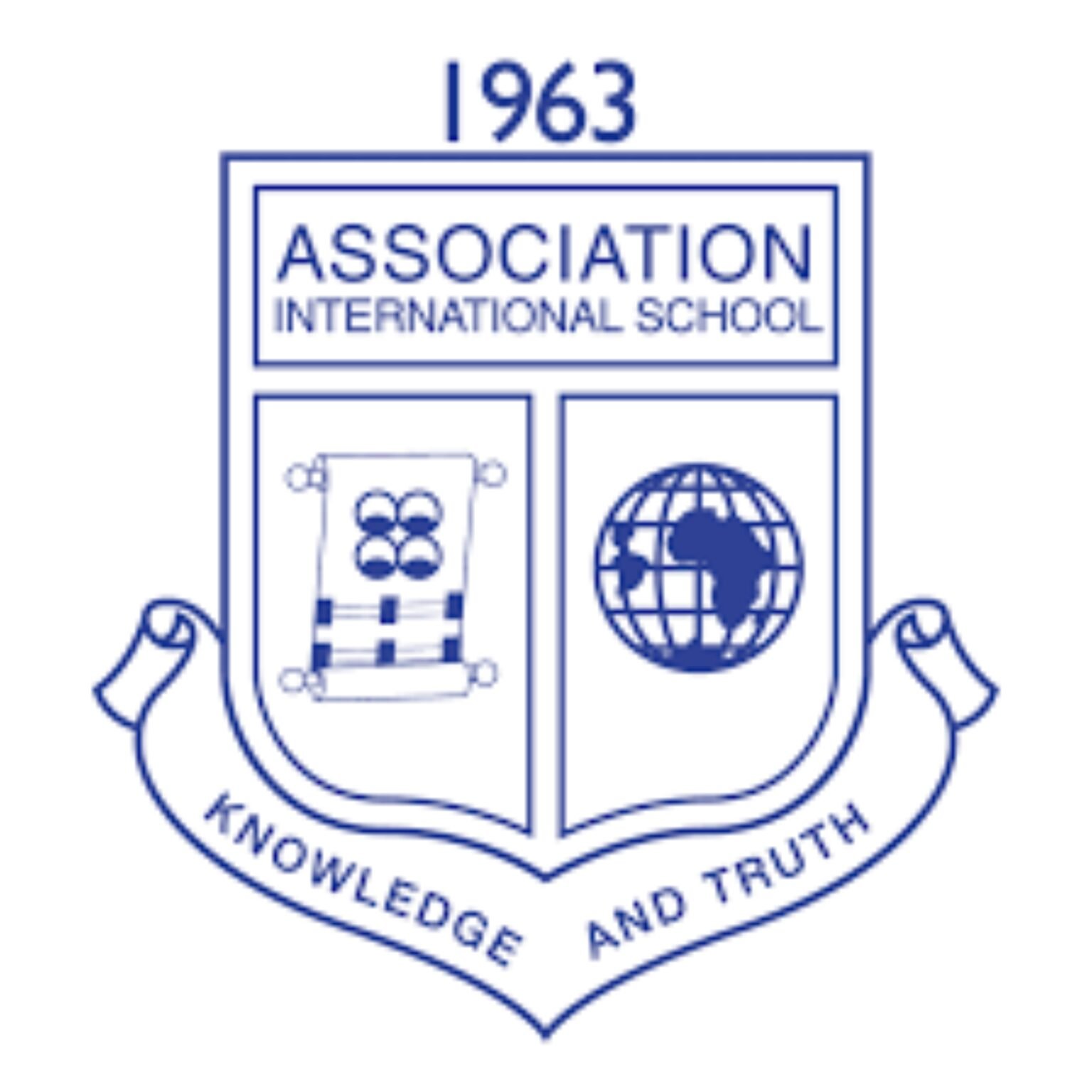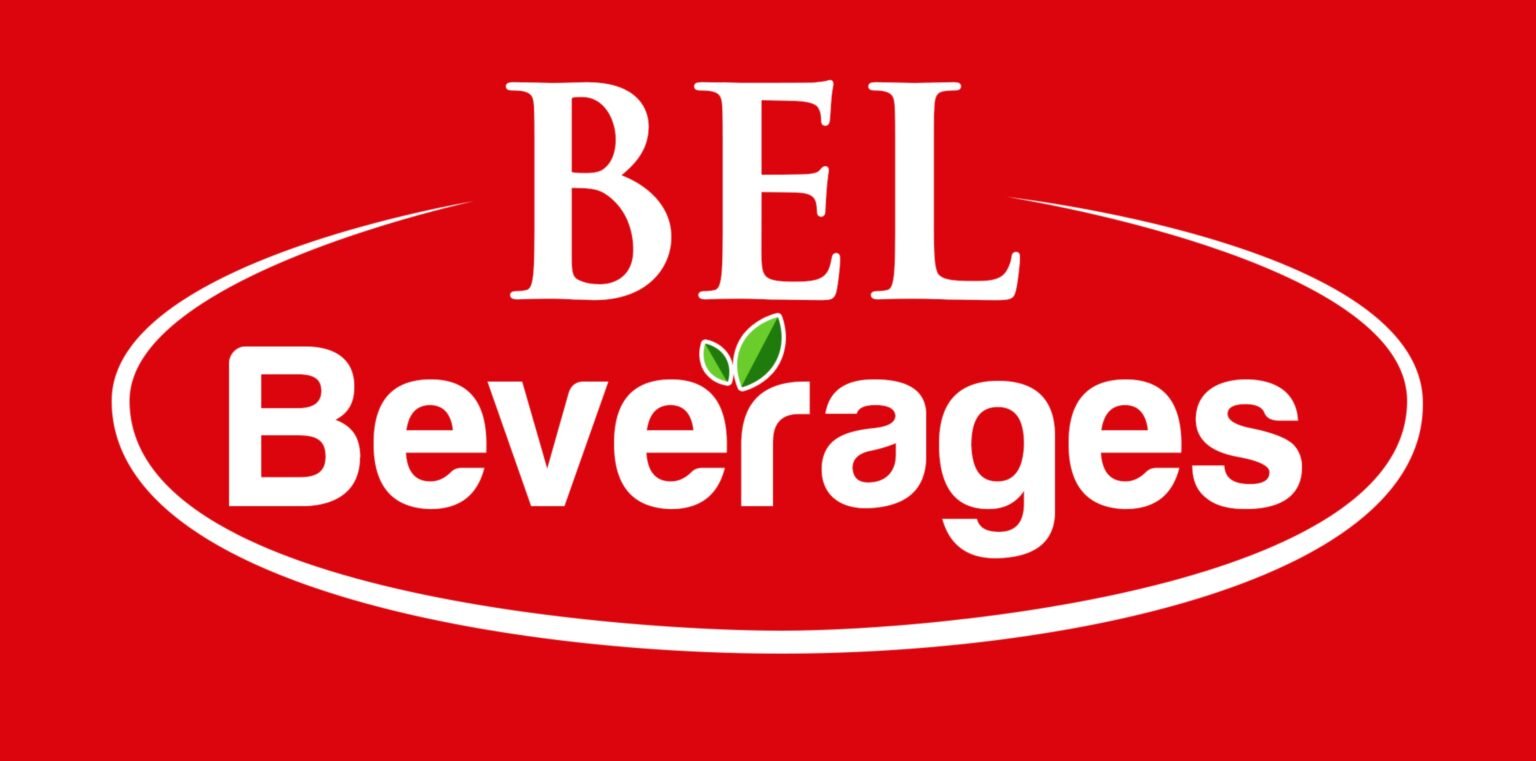Africa Dyslexia Conference 2025
In many parts of Africa, kids and adults with dyslexia and other learning differences struggle in school and at work. That’s because most schools don’t understand how they learn. This can lead to teasing, dropping out of school, and not getting good jobs later on.
Africa Dyslexia Conference 2025 aims to change that narrative. As the continent’s high-level gathering focused on learning differences, this two-day event brings together over 350 people like education leaders, business professionals, researchers, and youth advocates, health professionals, parents to talk about how Africa can better support people with learning differences like dyslexia.
This conference will serve as a catalyst for regional policy reform, education transformation, and workforce inclusion, setting a new benchmark for how Africa supports its neurodiverse population. With UNESCO and UNICEF as strategic partners, the event will embed learning differences into wider conversations on literacy equity, social justice, and inclusive growth.
What is Dyslexia?
Dyslexia is a common learning difference that makes reading, writing, and spelling challenging even for highly intelligent people. Dyslexia is not a sign of low ability; it simply means the brain processes language differently. With the right support, dyslexics can thrive at school, at work, and in life.
Why You Should Attend
- Help shape better education systems that include every learner
- Learn practical ways to support learners with dyslexia at home, school, or work
- Connect with leaders advancing literacy, equity, and inclusion
- Be part of a movement that celebrates differences and promotes fairness
- Walk away with tools, strategies, and action plans you can apply immediately
Who Should Attend
- Ministers, education leaders, and policymakers
- School heads, teachers, and curriculum specialists
- Nonprofits, NGOs, and development agencies
- Employers, HR professionals, and inclusion champions
- Parents, caregivers, and individuals with lived experience
- Researchers, universities, and training institutions
- EdTech and assistive technology companies
What You’ll Get
- Keynotes from experts voices in inclusive education and learning support
- Panel discussions about school systems, identity, youth voices, and neurodiversity
- Small group masterclass workshops
- Research presentations on literacy
- A chance to network, learn, and be part of a growing movement
- A full post-conference plan to help guide future change
Reach Us:
For sponsorship or media, contact: events@africadyslexia.org
OUR SPONSORS

